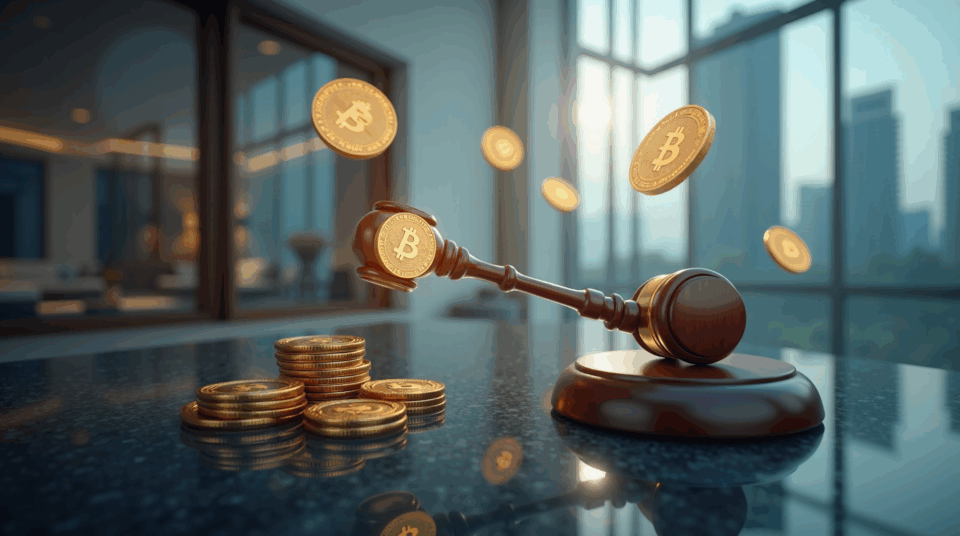The Singapore High Court has rejected Do Kwon’s claim to recover the S$19.4 million deposit (approximately US$15.11 million) paid for the purchase of a luxury penthouse. The court allowed the developer to retain the amount, as the sale could not be completed. The decision represents an additional loss for the Terraform Labs co-founder following the collapse of Terra/Luna, affecting his reputation and international liquidity.
Details of the ruling and legal grounds
The court determined there was a breach of contract justifying the seller’s retention of the deposit. The ruling explains that, as the sale was not finalized and the buyer failed to meet their obligations, the contractual clauses regarding the deposit as a guarantee must apply, leaving the sum beyond the buyer’s control, even in the face of arguments of good faith or intent to pay later.
Procedural context and personal repercussions
The decision is part of multiple proceedings affecting Do Kwon in several jurisdictions, including criminal cases and extradition requests. The inability to recover this deposit adds a direct financial burden in Singapore and complicates any asset preservation or reallocation strategy, significantly reducing his financial capacity and international mobility.
Practical implications, lessons for investors, and reflection
The case demonstrates that contracts and assets in local jurisdictions are subject to traditional civil and commercial law, even in the context of decentralized cryptocurrencies. The actions of national courts can limit capital mobility and the ability of crypto actors to protect funds through off-chain structures, affecting the security and predictability of global investments.
It is essential to integrate legal diligence in off-chain transactions, structure real estate and commercial operations with clear protection mechanisms, use regulated escrow accounts, and maintain enforceable documentation in case of disputes. Defending decentralization also means acknowledging legal limits that prevent abuse of structures to evade responsibility. Designing ecosystems that combine technological security with legal compliance strengthens the legitimacy and trust of the crypto financial sector.

Conclusion
The refusal to return the penthouse deposit is a reminder that off-chain disputes can result in real and definitive losses. For the crypto ecosystem, the lesson is that innovation must coexist with solid legal practices that protect both financial freedom and contractual responsibility, reinforcing trust in future projects.

